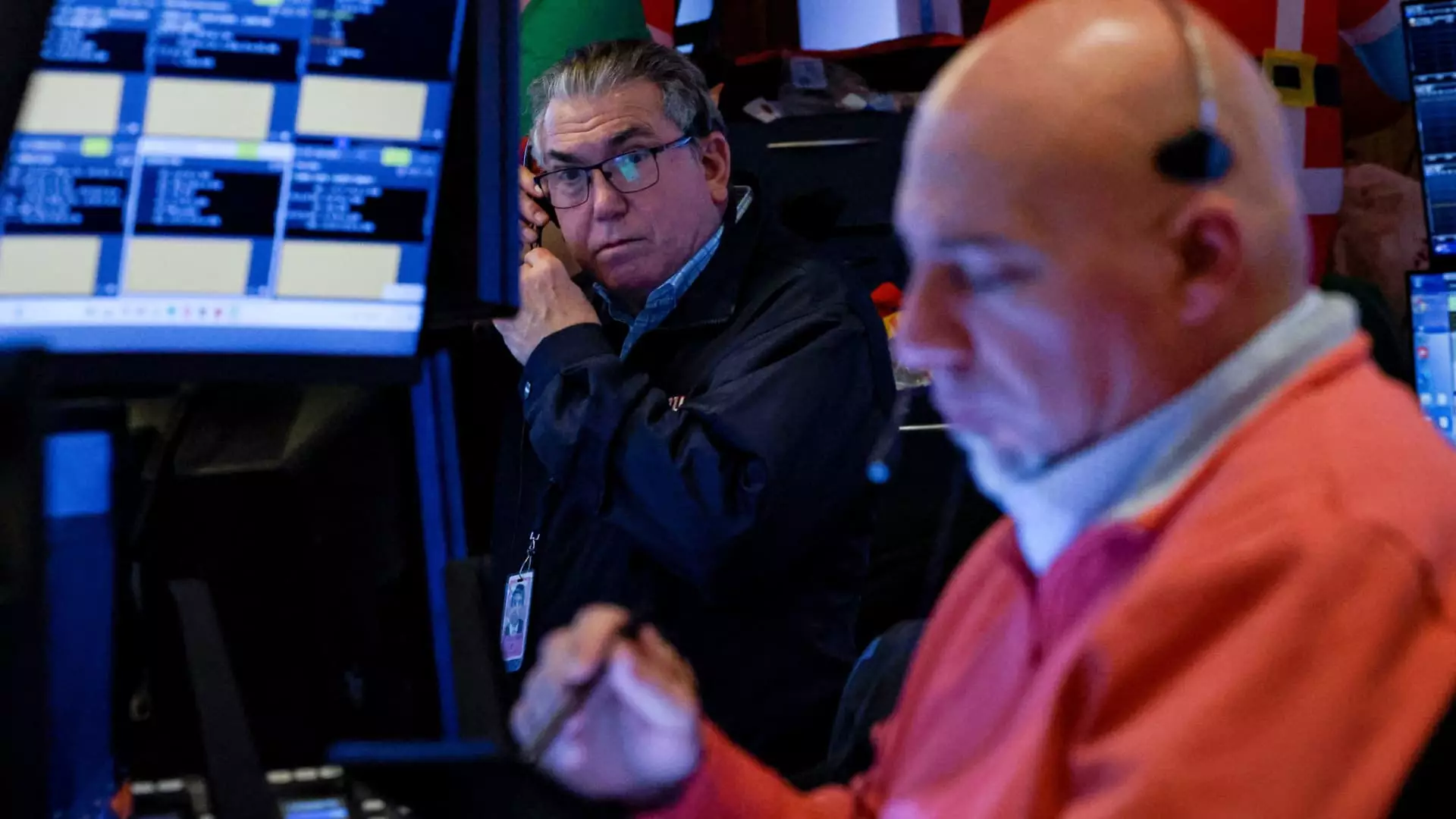As investors prepare for the trading day on Tuesday, European markets are bracing themselves for a downward trajectory at the opening bell. Preliminary forecasts indicate that the U.K.’s FTSE 100 index is set to drop by 18 points, resulting in an opening figure of approximately 8,240. Similarly, Germany’s DAX is expected to decline by 22 points, indicating a value of around 20,291, while France’s CAC will see a reduction of 12 points, landing at 7,342. In Italy, the FTSE MIB could see a substantial dip, projected to lose 129 points, bringing it down to about 34,618. These forecasts, provided by IG, reflect a common sentiment among investors focused on the actions of central banks this week.
This week marks a critical junction in global economic policy, especially with the U.S. Federal Reserve convening for its final two-day policy meeting. Expected to kick off on Tuesday, this gathering has the potential to significantly shape the direction of financial markets for the foreseeable future. Observers are keenly eyeing the Fed’s monetary policy decision, set for announcement on December 18, with a staggering 95% probability assigned to a quarter-point reduction in interest rates, as indicated by the CME Group’s Fed Watch tool. Traders and analysts alike are not only eager for the decision itself but also for the insights provided during Chairman Jerome Powell’s subsequent press conference, which may reveal hints about the Fed’s future strategy.
On the heels of the Fed’s decision, attention will promptly shift to the Bank of England, which convenes on Thursday. Much speculation surrounds the discussions within this central bank, with markets currently suggesting a minimal likelihood of a rate cut for 2023. The contrasting outlooks between the Federal Reserve and the Bank of England encapsulate broader concerns regarding economic stability and inflation management in different regions.
Adding to the market unease, political instability in Germany has escalated, particularly with Chancellor Olaf Scholz’s government facing a confidence vote that resulted in a loss on Monday. This political maneuvering may have been strategic; Scholz’s administration appeared to aim for this outcome to trigger fresh elections, set for February 23. The recent collapse of his coalition government suggests a turbulent political landscape, further complicating Germany’s economic outlook as financial markets navigate these developments.
Asian-Pacific markets exhibited mixed results in early trading on Tuesday, reflecting the uncertain sentiment as investors react to potential policy changes. As U.S. stock futures edged lower on Monday evening, it is clear that the reverberations from central bank decisions and political developments in Europe are prompting a cautious approach among investors globally. Observers will also anticipate critical economic indicators due to be released, including U.K. unemployment rates and Germany’s Ifo business climate index, as these data points will be significant in gauging economic sentiment across the continent. In this dynamic landscape, where monetary policy and political maneuverings intersect, the path forward remains fraught with challenges and opportunities for investors.


Leave a Reply